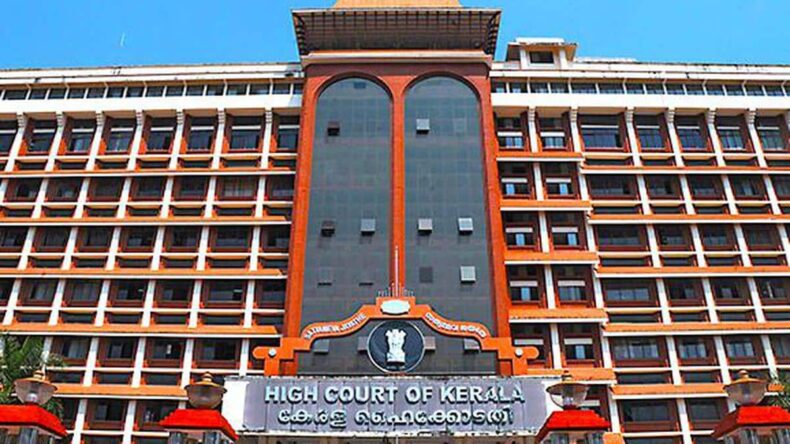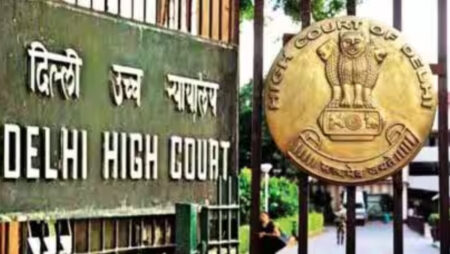On Monday, the High Court of Kerala at Ernakulam allowed a petition and directed the respondent to proceed following the law and conduct an investigation into the dowry death by a special team in the Crime Branch department. In addition to such directions, the court also noted that there was sufficient information to establish the elements of dowry death or aiding suicide, and the police should have filed an FIR and further examined the situation.
This writ petition was listed before a single-judge bench of the high court consisting of Hon’ble Justice K Babu. The court, while hearing the matter, also took note of the problems in the interpretation of sections 174 and 176 CrPC. And to assist the court with the case, two amici curiae – Adv. John Ralph and Ranjith Marar were appointed.
Background
The present petition is filed by the father of the deceased to seek an investigation into the death of his daughter. The petitioner’s daughter was married to one, Vipin Chandran. After four years of marriage, she was found hanging in her bedroom where her three-year-old son was. This case was registered as an unnatural death by the police under section 174 CrPC.
It is alleged that before the death of the daughter, the daughter had filed a complaint of harassment by the husband’s family concerning the dowry. The counsel for the petitioner argued that once an investigation is conducted under 174, there is no need to file for a fresh FIR under 154 for the cognizable offence. The state’s practice is to directly transfer the same FIR to the Judicial Magistrate.
In addition to this, numerous concerns were raised by the Bar concerning the procedure followed under Section 174 to 176 CrPC. One of the concerns was that the result of the investigation conducted under 174 is not disclosed to the relatives of the deceased. The court, in light of the requirement of transparency, directed that the Executive magistrate should inform the deceased’s relative about the results of the inquiry. Further, the court also passed certain directions to follow during the investigation under 174 CrPC.
Directions issued
The directions are as follows –
- The Executive Magistrate shall notify the family of the deceased of any cases filed under Section 174 of the Code that do not result in the filing of an FIR under Section 154 of the Code because no cognizable offence is discovered.
- When investigating Sections 174 to 176 of the Code, if the Executive Magistrate learns of the commission of a cognizable offence, he must immediately inform the Judicial Magistrate concerned, even if the investigation results in the non-registration of the FIR under Section 154 of the Code.
- Upon receiving the information, the relevant Judicial Magistrate shall act in line with the law.
Judgment
The court, after giving directions, noted that the inquiry under section 174 is limited. These processes are fact-finding inquiries, and the report produced as a result of such an inquiry is merely advisory. Such a report does not have the character of a closer report.In addition to this, the court, based on the material placed on the record, observed that prima facie there is sufficient information to establish the elements of dowry death or aiding suicide, and the police should have filed an FIR and further examined the situation.













